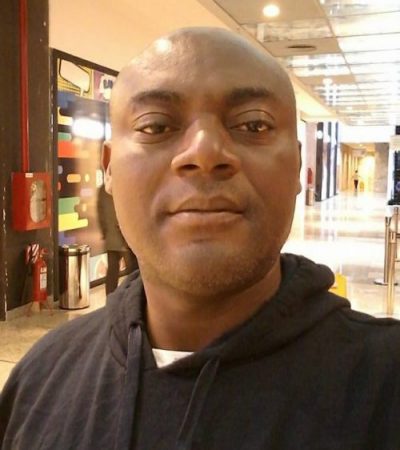
In an age when eclecticism in knowledge has continued to stimulate more critical discourses in various fields of human endeavour, the faculty of proffering solutions to the human condition emanates from the dynamism which interdisciplinary studies confers on the intellect. The medical sciences are beginning to realise the inalienable significance of other fields in their practices and problem-solving capacities.
Therefore, the medical humanities can be simply defined as an evolving field of study which looks at the roles and functions of the humanities (philosophy, history, culture, anthropology and visual arts) within the context of medical practice and how these roles and functions deepen human knowledge and understanding towards the aactualisation of an infinitely integrated approach to health and wellbeing.
Before now, there had been arguments about the functional value of the arts/humanities not only in the medical sciences but in life generally. This argument traces its origins to the Plato-Aristotle debate in ancient Greece. While Plato, in his famous book, The Republic, argues that the arts/humanities (literature, drama and poetry) offer nothing more than their appeal to emotions and therefore are not useful to the development of an ideal state, Aristotle counters him by identifying the important roles artistic/humanistic imagination and activities play in the evolution and growth of the state.
Medical practitioners who understand the nexus between their profession and the humanities perform their functions better and broaden their knowledge of the field in tandem with modern realities. A good physician, in evaluating a patient’s condition, will always delve into the patient’s history, which may not be limited to his medical records but may also include family, cultural and religious backgrounds. A sound grasp of these backgrounds can enlighten the physician on the nature and scope of his patient’s condition in order for him to determine the right course of treatment.
For instance, in his concept of catharsis as an ultimate feature of the Greek tragic theatre, Aristotle argues that the tears which emanate from the emotions of the audience as a result of their identification with the painful plight of the tragic-hero present an opportunity for them to purge themselves of such emotions in a harmless yet precautionary way. Catharsis therefore can be described as not just an invaluable asset in psychotherapy but can also be adjudged as one of the most cognitive activities that give birth to emotional balance. This Aristotelian concept has inspired many research activities in psychoanalysis and psychotherapy.
Therefore, the concept of catharsis in tragic drama as a subgenre of literature, which in turn is an aspect of the arts/humanities, has proved beyond doubt to be very useful in the treatment of medical conditions, such as depression and post-traumatic stress disorders.
Most medical scientists who have done research in this field confirm that the singular act of crying or weeping stimulates the parasympathetic nervous system, slowing breathing and heart rate and bringing relief by restoring one back to his/her normal balanced state.
Another aspect of the arts/humanities that has continued to offer therapeutic value in the medical sciences is the art of narration which has metamorphosed into what we now call narrative therapy. This is a very important tool in mental health management, especially for people who have encountered very catastrophic life experiences and are battling self-esteem challenges in telling their stories without the burden of blame hanging on their necks.
For instance, a man, who incurs the wrath of the authorities and is sent to jail for his activism against injustice may never stop blaming himself and others for his travails. To tell his story better without blaming himself and others, it is the duty of the narrative therapist to offer him expert counselling on seeing himself as a hero, rather than a victim. This technique will eventually help him build more confidence and have a better self-esteem. Rather than see himself as one of those rascals troubling the peace of society, he will then begin to see himself as a hero whose actions are inspiring change or provoking a rethinking of existing social order.
One of the best examples of the use of narrative therapy (from a third person narrative perspective) is captured in a musical composition by the legendary Boney M in the song “El Lute.” Based on the true story of Eleuterio Sánchez Rodríguez, nicknamed El Lute, the song written by the German musician, Frank Farian, remains one of the most therapeutic songs in history, not only from the narrator’s angle but also from the actor’s (El Lute’s) :
He had only seen the dark side of life
The man they called El Lute
And he wanted a home just like you and like me
In a country where all would be free…
Soon the fame of his name
Spread like wild fire all over the land
With a price on his head people still gave him bread
And they gave him a hand
For they knew he was right
And his fight was their fight
And then freedom really came to his land
And also to El Lute
Now he walks in the light of a sunny new day
The man they called El Lute
The lyrics of the song reflect a young man’s battles with injustice and the travails that came with his refusal to be cowed by the system. His determination and grit in the face of social inequality and discrimination typify the resilience of the human spirit. Wherever he is today, El Lute will be super proud of his story, as told by Boney M. To a large extent, his mental health status may be as bright as the morning sun. Therefore, there are inexhaustible examples of how the humanities have and will continue to shape many more intellectual endeavours in the medical sciences.








